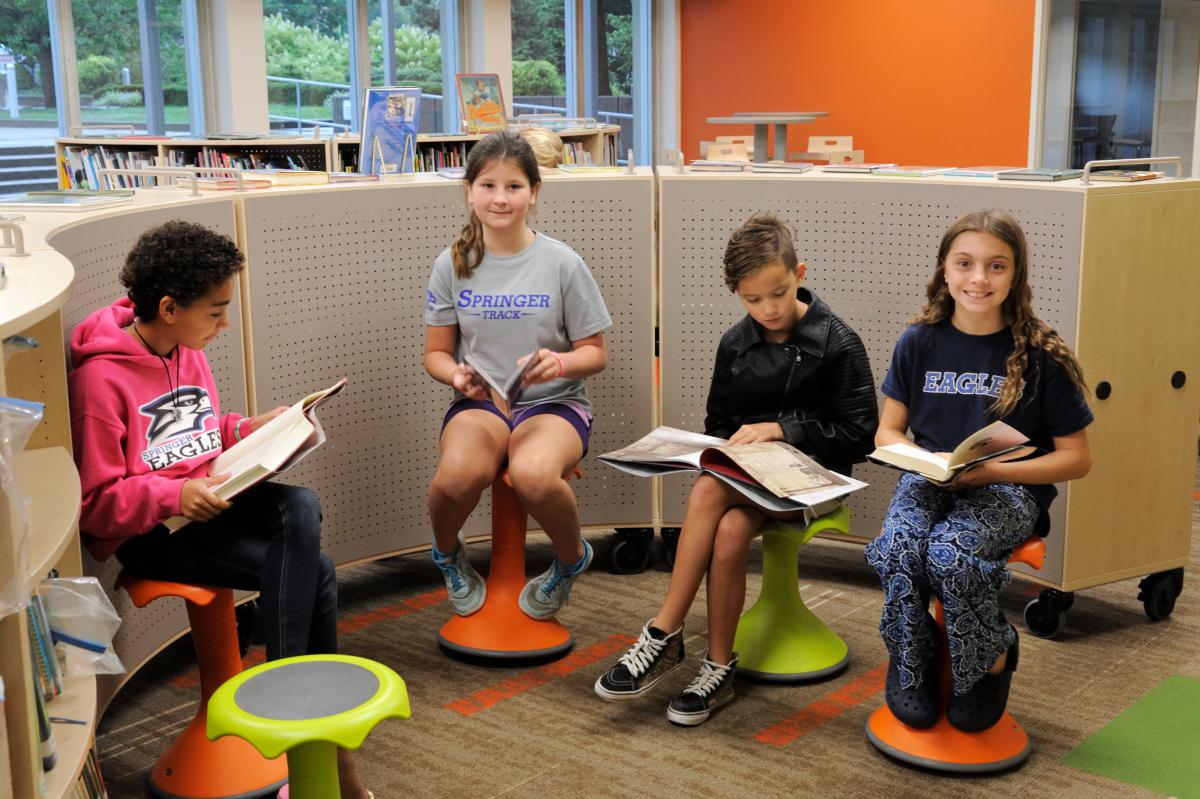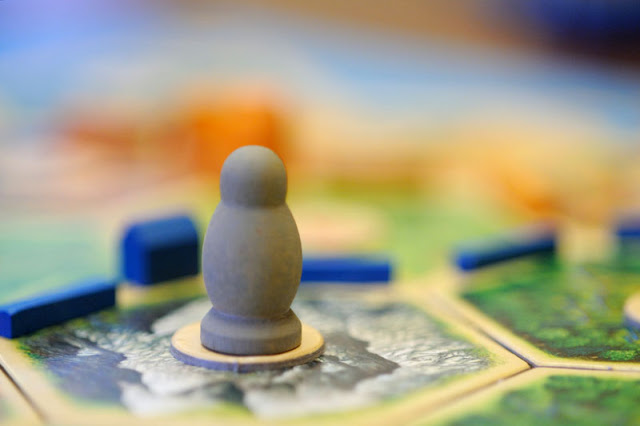
Ready. Set. Go!
August 15, 2018
What Is Dyslexia?
August 29, 2018
Modern technology has made our lives so much easier. We can communicate quickly with someone through text or a one-sentence email. We can dictate reports instead of using the keyboard.
Our children can look up solutions to math problems and watch someone work the problem online, read original newspaper accounts of historical events or do research on a topic for an essay. As wonderful as technology can be, it also interferes with concentrating on homework, engaging in conversation with others and getting enough sleep at night. Students (and adults), as we know, can get into trouble by sending inappropriate pictures and messages. Children with ADHD and kids in general have difficulty prioritizing work and sleep over other more interesting pursuits.
Many adults think they are multitasking if they are looking at a screen when their child is talking to them. This behavior is being called “distracted parenting.” You can observe this phenomenon the next time you are dining out with your children. How many adults do you see who are constantly texting or swiping when eating with their family? A study in Boston reported in 2014 observed 73 percent of parents using a device at some point during a meal with their children in public. Another sad observation is when the entire family is engaged with their own devices, each in their own world. What happens when children want parent’s attention? They act out in some way: have a tantrum, make a provocative remark or start an argument.
Removing temptation is a good strategy to managing device use. Having a “No phone/device at the table” rule is good for everyone, whether at home or in public. Our children greatly benefit from interacting with adults at a family meal. Simply giving them your undivided attention lets your child know that they are important to you.
If your student is taking a long time to do homework, what else are they doing besides studying? If they perform poorly on tests exactly how are they “studying?” You may find that devices are interfering with performance. As a college student laughingly shared with me, “My roommate wonders why she doesn’t get good grades when she watches Netflix while reading Chemistry.” There is appropriate content online to support academics; young students need help in setting the right priorities to use the content efficiently.

Devices should be surrendered one or two hours before bedtime – for adults and children. It is well documented that the “blue light” given off by E-Readers, laptops, flat-screen TVs, video game devices and cell phones interferes with sleep. Research suggests that few of us are getting enough sleep, which reduces our ability to function the next day. Instead of being on a device, focus on relaxing pre-bedtime routines such as reading to your children, playing a board game, getting lunch and clothes ready for the next day, making plans for the weekend or going for a walk.
What are you doing at home to manage device usage by family members?
Blogger Mary Ann Mulcahey, PhD, shares her expertise in assessment and diagnosis of learning disabilities and ADHD, and the social/emotional adjustment to those issues. If you have questions, please contact Dr. Mulcahey at



